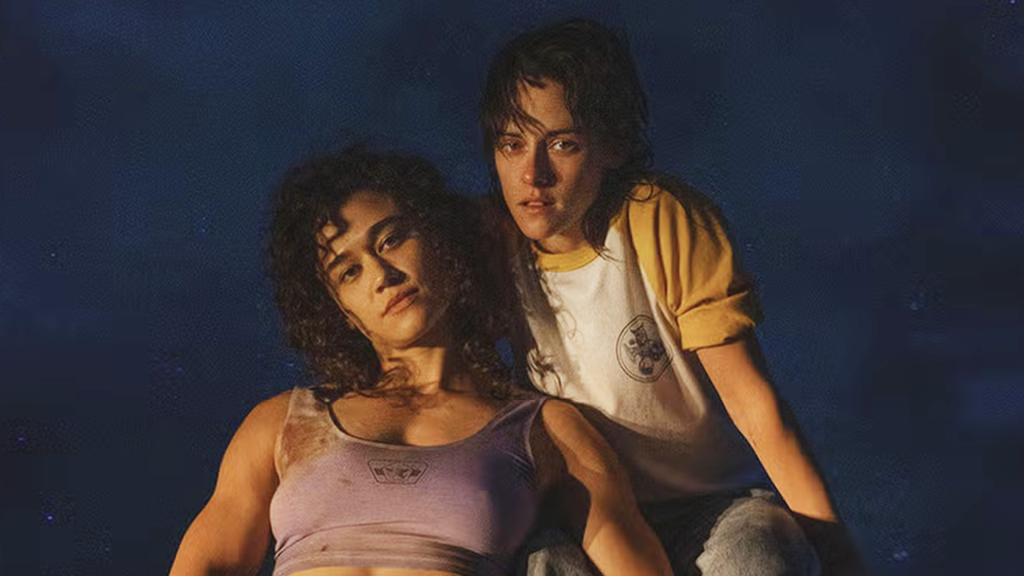Recent films are shifting the portrayal of lesbian relationships from struggle to celebration, showcasing diverse narratives that highlight love and acceptance.
In recent years, the portrayal of lesbian relationships in mainstream cinema has been a topic of increasing interest. Films that explore these narratives often focus on historical settings, capturing the challenges faced by LGBTQ+ individuals in times where their identities were stigmatized or outright forbidden. A prime example of such storytelling is the critically acclaimed film “Carol” (2015), which is set in the conservative America of the early 1950s. Its narrative centres around a forbidden love affair, evoking empathy and a sense of hopeless longing among viewers. However, while these stories are poignant and reveal the struggles of past times, the cinematic landscape is evolving to include more diverse narratives that showcase happiness and fulfilment for queer characters.
A new wave of films is challenging the traditional narrative arc of struggle and heartbreak for LGBTQ+ characters, offering instead stories that conclude with happiness and mutual acceptance. These films are notable not only for their content but also for being helmed by female directors, which adds another layer of representation and authenticity to the storytelling.
“Crush” (2022) is one such film that takes a fresh look at high school romance from a queer perspective. The movie features Rowan Blanchard and Auli’i Cravalho, both of whom bring to life a modern narrative about young love in an accepting community setting. The film is notable for its portrayal of a high school with numerous openly queer characters, thereby normalising and celebrating diversity in a teenage setting.
Another film that celebrates queer relationships through a more traditional romantic comedy lens is “Jenny’s Wedding” (2015). Starring Katherine Heigl and Alexis Bledel, the film dives into the intricacies of coming out to family and planning a wedding in a small-town environment. The film offers a gentle yet insightful look at family dynamics and acceptance, culminating in a warming ending that reasserts the normalcy of lesbian love.
The vibrant film “Rafiki” (2018), directed by Wanuri Kahiu, offers a poignant yet hopeful story set in Kenya, where homosexuality is still a controversial subject. Despite the film’s initial ban due to its portrayal of a same-sex relationship with a positive outcome, “Rafiki” has been recognised internationally, earning a GLAAD Media Award for its contribution to LGBTQ+ representation.
“Love Lies Bleeding” (2024) is anticipated to be another compelling addition to queer cinema. Starring Kristen Stewart and Katy O’Brian, the film is set against the backdrop of a 1980s southwestern town and involves elements of romance and crime drama. The narrative follows the intense relationship between Lou and Jackie, navigating family conflicts and secrets, yet pushes through to a promising conclusion.
These films illustrate a broader spectrum of stories in the LGBTQ+ genre—stories that do not merely focus on struggles but rather celebrate love and identity through fulfilling conclusions. This shift is indicative of a growing change in the film industry, one that values diversity and the multiplicity of perspectives within the queer community. As these narratives gain more presence in mainstream cinema, they offer hope for an even wider array of queer stories to be told, providing varied and enriching portrayals for future audiences.
Source: Noah Wire Services





